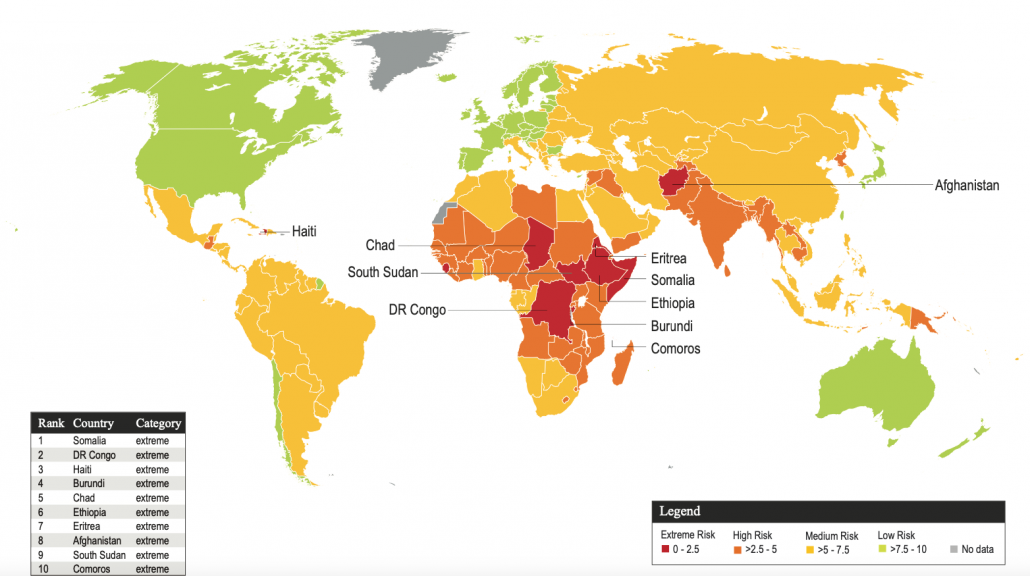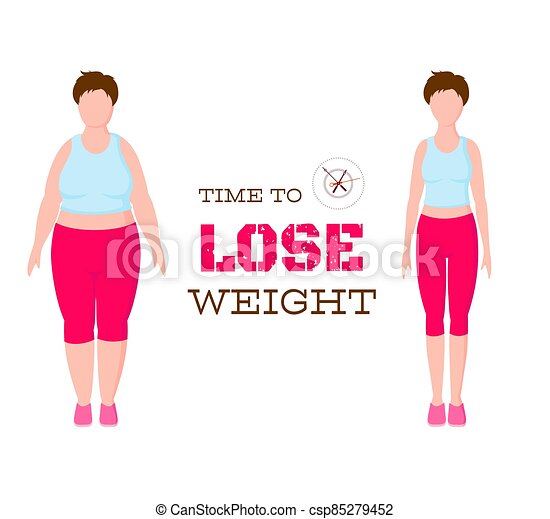
A majority of people will reach a point where they are stuck on their weight loss journey. It's temporary and won't last forever, but it's something that most people will experience. This can be fixed by making changes to your diet and increasing your exercise. Without making any changes, you're unlikely to lose weight again.
Adequate sleep
Sleeping enough is a key to breaking through the plateau of weight loss. Sleep has many benefits that go beyond weight loss. It is vital for the mental and physical well-being of the human body. A lack of sleep can cause a drop in hormone levels, and a decrease in metabolic rate. It can also increase appetite and fat storage. If you are looking to lose weight, it is possible to sleep seven to eight hour a night. You can also improve your sleep quality by developing a bedtime routine. If you sleep seven to eight hours each night, you can reduce the amount stress and junk food that you crave.
A sleep extension could also reduce energy intake, according to research. The study participants were given additional hours of sleep, and they showed a significant reduction in energy intake. These results suggest that sleep extension could be an effective strategy for reducing obesity in different populations. The benefits of sleep extension should be further studied in further studies. Public messages should include sleep extension in these campaigns. However, it's not clear whether these measures can help someone to overcome a weight plateau.

Modifying macronutrients
There will be plateaus in your weight loss journey. These plateaus don't necessarily mean that your macronutrients won't work. You just need to stay consistent in your approach. You may be used to your diet and have to change your calories or macros. Depending on your weight loss plateau, you may need to spend some time on maintenance calories or switch to a higher calorie diet. Changing your macros may help you push through the plateau and keep your weight loss journey moving forward.
Look at your activity and food logs. It is possible that you have changed your eating habits or decreased your exercise. This could be a reason. This could lead to constant hunger and excessive overeating. A ketogenic diet is another common option. Be sure to keep track and never cheat on the food that you eat. You could also consider intermittent fasting (or fat fasting).
Changes in diet
Often, people hit a weight loss plateau due to a variety of reasons, including gut imbalance, hormones, immune dysregulation, inflammation, and under-recovery. You can break through a plateau in weight loss by making some dietary changes, increasing your exercise, and implementing some other lifestyle changes. You may be able to burn more calories and increase your metabolism by making a few changes in your diet. Additionally, get enough rest and reduce stress levels.
Good news is that it's possible to still lose weight once you have reached a plateau. It's common to hit a weight loss plateau once in a while, but it's important to recognize when it happens and find a way to break it again. Make sure to check your motivation levels and look for any reason why you've hit a plateau. You will find the motivation you need to keep going if you're motivated.

Changes in metabolism
Perhaps you are wondering "How does a plateau in weight loss occur?" This happens when your body's metabolism adapts to a lower amount of weight. This plateau usually lasts four to six weeks, depending upon the individual and how much weight is lost. The best way to avoid it is to remain consistent and rally your efforts to lose weight. Here are some strategies to avoid a weight plateau.
Changing your diet and exercise habits can decrease the set point. A loss rate of 10% or less is a good goal. It is difficult to lose more weight. Changing your metabolism and lifestyle will ensure that you maintain your weight loss. You may reach a plateau if you lose weight that isn't sustainable. In this case, you should consider the long-term health benefits of your weight loss.
FAQ
How often do people fast regularly?
The majority of people who follow the ketogenic diet fast only once a week. Some people fast twice weekly. Others fast three times a week.
The length of each fast varies too. Some fast for 24 hours while others fast for 48.
Some people go on for more than 72 hours. But, such extreme cases are rare.
How long does it take for you to lose weight?
Weight loss takes time. It takes about six months to lose 10% of your weight.
It's important to remember that you shouldn't expect to lose weight overnight. Your body needs time to adjust to new dietary changes.
This means that you need to slowly change your diet over a period of time, such as a few days or weeks.
Also, you should stop taking fad diets because most of them don't work. Instead, change your daily routine.
If you are a regular shopper of unhealthy snacks, it is a good idea to stop.
Eat healthier meals earlier in evening. This will prevent you from snacking late at night.
You should also drink plenty of water during the day. Water helps keep your body hydrated, and prevents you from becoming dehydrated. Dehydration can cause you to feel tired and sluggish.
You will stay more energized and focus if you drink lots of water throughout your day.
You can reduce stress by relaxing. For instance, you could spend some quality time with loved ones.
You could also choose to read books, see movies, or listen music.
These activities will help to relax and unwind from stressful situations. They will also improve your mood, self-esteem, and overall well-being.
So, when you're trying to lose weight, you should always think about your health first.
Your physical health is a sign of your overall health. You should eat right and exercise regularly if you want a fit body.
What side effects can intermittent fasting have?
Intermittent fasting does not have any known side effects. However, if you don't plan properly, you might experience some minor issues.
You might feel irritable if you skip breakfast. Also, you might experience dizziness, headaches, fatigue, muscle cramps, and dizziness.
These symptoms are usually gone within a few days.
How can busy people lose their weight?
To lose weight, eat less and do more exercise.
Weight gain is possible if you eat a lot of food. You'll gain weight if you don't exercise enough. But if you combine these two simple habits, you'll start losing weight.
How Much Exercise is Required to Lose Weight?
The amount of exercise needed for weight loss depends on several factors, including age, gender, body type, and how much you weigh. Most people require moderate activity at least five days per week.
The American College of Sports Medicine recommends 150 mins of moderate-intensity aerobic exercise per week spread over three consecutive days.
For example, if you want to lose 10 pounds, aim to do 300 minutes of moderate-intensity exercise each week. This includes activities such brisk walking and swimming laps, bicycling, dancing, playing tennis or golfing, hiking, running, jogging and other similar activities.
Start out with 20 minutes of vigorous physical activity three times weekly if you're just getting started. It could be sprinting, lifting weights, jumping rope or fast walking.
Aerobic exercise helps to build muscle mass and burn calories. Muscle burns more calories per calorie than fat. Building muscle and losing weight could help you get there faster.
What Weight Loss Can You Expect In One Week?
Your current body fat percentage will determine how much weight you can lose. To begin, you need to determine how much weight that you would like to lose. Next, find your BMI (Body Mass Index). Your BMI (Body Mass Index) tells you how much weight should be lost to reach your goal. If your BMI is 25 or greater, you're overweight. If your BMI is more than 30, you are obese.
For example, if you weigh 200 pounds, your BMI would be calculated at 28.7. To get to a healthy weight range, you'd need 70 pounds of weight loss. To see if you're overweight, visit www.healthyminds.com/bmi/.
Once you know your BMI, this formula will allow you to determine how many pounds per week you'll be able to lose.
(Your Goal Weight - Current Weight)/BMI * 7 Number Of Pounds Lost Per Week
If you want to lose 50 pounds in one month, you'd need 2 weeks' worth of exercise, which equals 56 days, divided by 7 pounds lost per day. That's 8.3 pounds per week.
You could also try this calculator from www.weightlosscalculator.net. It provides an estimate of the number of calories you should consume each day to lose 12 pound per week.
Statistics
- It's estimated that half of all American adults attempt to lose weight every year (1Trusted (healthline.com)
- Among women, the increase in metabolic rate was nearly 4%, or 50 more calories per day (14Trusted Source (healthline.com)
- One study in 9 active men found that HIIT burned 25–30% more calories per minute than other types of exercises, including weight training, cycling, and running on a treadmill (18Trusted Source (healthline.com)
- Another study found that 24 weeks of weight training led to a 9% increase in metabolic rate among men, which equated to burning approximately 140 more calories per day. (healthline.com)
External Links
How To
9 Tips to Lose Weight Naturally
One of the most common problems people have is losing weight. If you are always trying to lose weight, it's difficult to maintain healthy living. While there are many ways to lose weight such as exercise and diet, they don't always work.
I will be sharing some natural ways to lose fat without side effects today. Let's start!
-
Lemon Water Lemon water flushes toxins from your system. This beverage detoxifies your body and boosts your energy levels throughout the day. You can lose weight by drinking this drink every day.
-
Eat more vegetables. Vegetables are rich in fiber, vitamins, minerals and antioxidants that are vital for our health. They also provide us with a feeling of fullness. Eating vegetables can help you lose weight.
-
Increase Protein Intake. Protein is an essential nutrient that plays a key role in building muscles. A high-protein diet can help build lean muscles, and decrease your weight.
-
Green Tea is the best. Green tea contains caffeine, which reduces appetite and increases metabolism. Caffeine has been proven to increase thermogenesis (the process that heat is generated). Thermogenesis explains why coffee drinkers are more likely to consume lower amounts of fat than non-coffee users.
-
Use Cold Showers. You can burn more calories by taking cold showers. Research shows that cold showers can burn up to half as many calories as warm ones.
-
Avoid Alcohol. Overeating is often caused by alcohol. Alcohol consumption can cause weight gain.
-
Do Cardio Exercise Daily. Cardiovascular exercise is proven to help you lose weight. It increases blood circulation, improves energy levels and keeps you fit. You can participate in walking, jogging, swimming, cycling, hiking, dancing, running, rowing, etc.
-
Don't skip meals Eating small meals throughout the day rather than three large meals can help you control your hunger pangs. Skipping meals causes fatigue and lack of concentration, so it's better to avoid skipping meals.
-
Reduce Sugar Consumption. Sugar can be addictive and negatively affect your mood. Although sugar gives you an instant boost of energy, it can make you tired and slow.